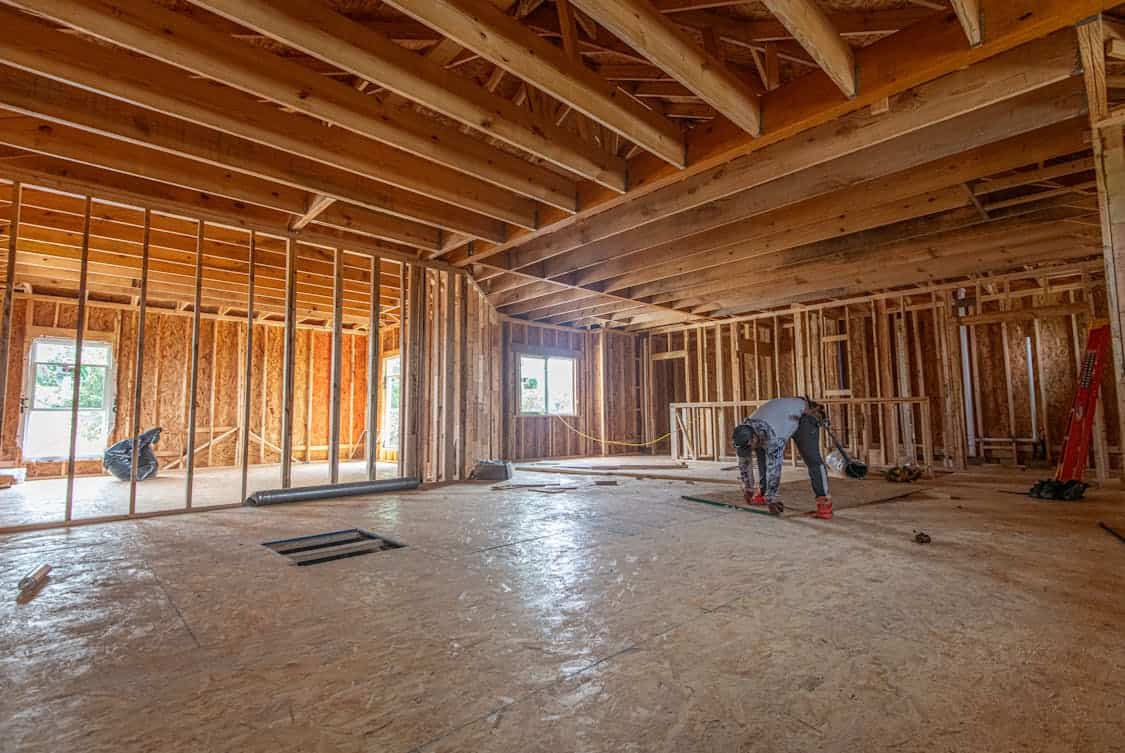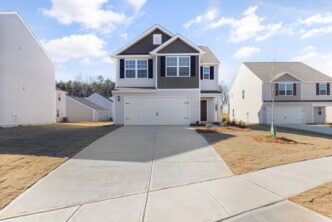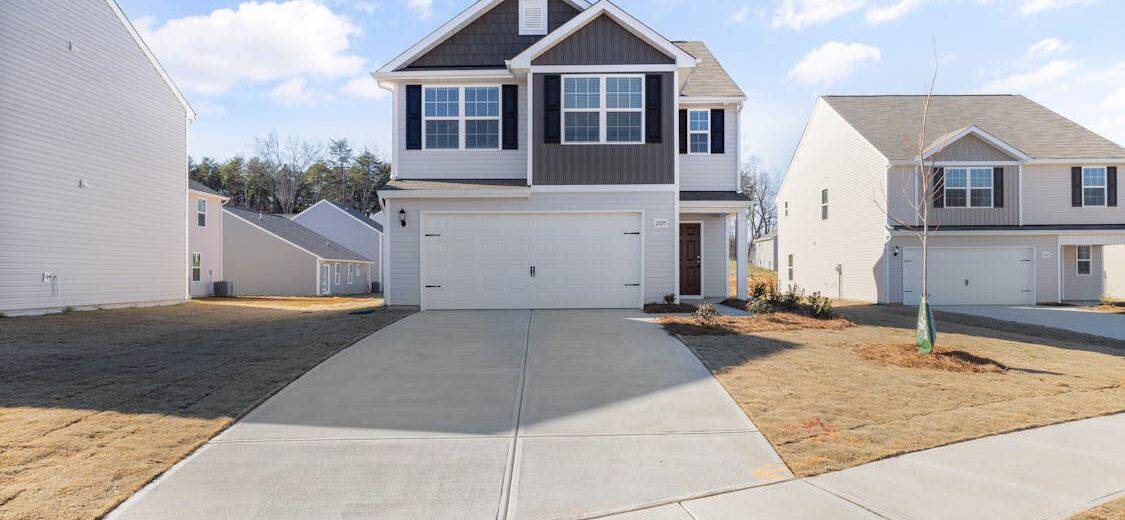Building a home is an exciting venture, but it can also be a bit overwhelming. With the right home builder, the process can be smooth and enjoyable.
Let’s explore how to pick the perfect builder while keeping an eye on your budget.
Assess Your Budget
Understanding your budget is the first step in this journey. Before you even start looking for builders, take a hard look at your finances.
List your income, expenses, and savings. Determine how much you can allocate for your home without breaking the bank.
Setting a budget gives you a clear picture of what you can afford. Remember, it’s not just the cost of construction; there are also permits, inspections, and landscaping to think about.
Be realistic in your calculations, and always include a buffer for unexpected expenses.
Research Local Builders
Once you know your budget, it’s time to investigate local home builders. A quick online search can yield plenty of options in your area.
Check reviews on sites like Yelp or Google, and visit builders’ websites for more information about their previous projects.
Look for builders that have experience in your desired style of home. Whether it’s a cozy cottage or a modern masterpiece, finding someone who specializes in what you want can make all the difference.
Ask for Recommendations
Word of mouth can be a powerful tool. Talk to friends, family, or colleagues who have built homes in the past.
Their experiences can lead you to reputable builders. Don’t hesitate to ask questions about their journey, what worked well, and what didn’t.
Often, the best recommendations come from personal experiences. Builders who are well-known in the community tend to have established relationships with suppliers, which may help in keeping costs down.
Review Portfolios
After identifying potential builders, take a close look at their portfolios. A builder’s past work can provide insights into their style and craftsmanship. Pay attention to the quality of materials used and the finishes they offer.
Look for projects that are similar to what you envision. This will help you gauge whether the builder can bring your dream home to life.
For inspiration, you can see examples on Aveling Homes, which highlight how a strong portfolio reflects both design range and build quality.
Check for Licenses and Insurance
Before making a decision, ensure the builder is licensed and insured. A legitimate license shows they meet local building codes and standards.
Insurance protects you from liabilities in case of accidents or damages during the construction process.
You can typically verify a builder’s license through your state’s licensing board. It’s a small step that can save a lot of headaches down the line.
Ask About Pricing Structure
When it comes to cost, it’s essential to understand how a builder structures their pricing. Some builders offer fixed prices, while others may provide estimates that can fluctuate based on materials or changes during construction.
Get detailed quotes and ask what’s included. Are there hidden fees? What about upgrades? Knowing exactly what you’re getting for your money will help you make an informed decision.
Get Multiple Quotes
Don’t settle for the first builder you come across. Obtain quotes from several builders to compare prices and services. This can also give you leverage when negotiating terms.
When evaluating quotes, focus on value rather than just the lowest price. Sometimes, an inexpensive option may skimp on quality, which could lead to higher costs later on.
Visit Active Sites

If possible, visit active job sites of the builders you’re considering. Observing their work firsthand can offer a clearer picture of their operations. Note the cleanliness, organization, and professionalism of the crew.
Talking to current clients on-site can also provide you with valuable insights. Ask them about their experiences, timelines, and any concerns they may have encountered.
Communication Matters
Effective communication is key to a successful building project. During your initial meetings, pay attention to how the builder interacts with you. Are they responsive to your questions? Do they listen to your ideas?
A builder who communicates clearly and promptly can make the entire process smoother. You want someone who will keep you in the loop and be available when you need them.
Evaluate Their Warranty
A solid warranty can provide peace of mind. Inquire about the warranty options available for your home. A good builder will offer a warranty that covers structural issues and workmanship for a specified period.
Don’t overlook this aspect; it’s an important part of the overall value you receive. A reliable warranty can save you from costly repairs in the future.
Understand the Timeline
Every building project has its timeline. Ensure the builder provides a realistic time frame for completion. Delays can happen, but a reliable builder will give you a clear schedule and update you on progress.
Ask about their approach to managing timelines and how they handle unforeseen delays. This transparency can help set your expectations and prevent frustration when building your dream home.
Consider Energy Efficiency
In today’s market, energy efficiency is more important than ever. Ask potential builders about their practices regarding energy-efficient materials and techniques.
Homes with good insulation and energy-efficient appliances can save you money in the long run.
Inquire whether they can incorporate sustainable practices into your build. This might cost a bit more upfront, but the savings on utility bills can make it worthwhile.
Trust Your Instincts
Once you’ve done your homework, trust your gut. You need to feel comfortable with the builder you choose. If a particular builder doesn’t sit well with you, even if they tick all the boxes, it may be worth looking elsewhere.
Your home should be a place of comfort and security, and your builder should reflect that ethos.
Create a Detailed Contract
Once you’ve settled on a builder, it’s time to get everything in writing. A detailed contract should outline the scope of work, pricing, timeline, and payment schedule. It’s essential to clarify all terms before construction begins.
Make sure to review the contract thoroughly. If something doesn’t sit right or seems unclear, don’t hesitate to ask for clarification.
Maintain Open Lines of Communication
After the project kicks off, keep communication open. Regular check-ins can prevent misunderstandings and keep the project on track. Use these meetings to discuss concerns, progress, and any adjustments you might want to make.
Your involvement matters, and staying engaged can improve the quality of your build.
Prepare for the Unexpected
Even with the best planning, surprises can pop up during construction. Whether it’s weather delays or material shortages, staying flexible is key.
Discuss with your builder how they handle unexpected issues. A good builder will have strategies in place to address problems efficiently.














